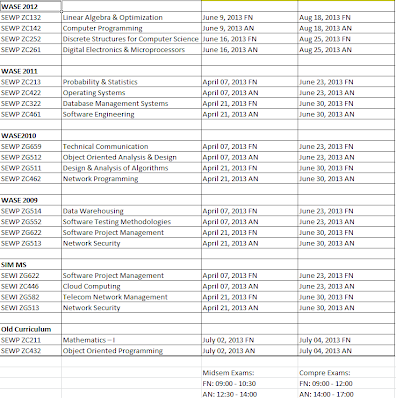--------------

(Note: Blank is indicated by parentheses which contains the answer)
1. To implement an n input NOR gate (by generalizing the circuit for a 2-input NOR gate shown in the textbook) we would need (2*n) transistors.
2. A (MUX) is used to select one of many inputs.
3. If A[15:0] = 1000110001110001, A[12:9] = (0110).
4. A 2 bit by 2-bit multiplier circuit will have (4) output bits.
5. It is possible to make a two input OR gate using (3) two input nand gates
6. A memory, consisting of 16K entries, is 13-bit addressable. It contains (13*2^14) bits of storage.
7.If 16 bits are used to specify the address space of a memory, the memory has ( 65536 ) uniquely identifiable locations.
8. A decoder with n inputs can have no more than (2^n) outputs.
9. If the 2 inputs of a 2 input nand gate are connected together, then the function of the nand gate is that of a/an (INVERTER).
10. A (DECODER) is helpful in identifying the opcode of an instruction.
11. At any time there are exactly (TWO) transistors open circuited in a 2 input nand gate.
12. The function NOT { AB+CD } can be implemented using a minimum of ( 8 ) transistors .
13. A circuit for adding two n bit numbers, like the one in the textbook, requires (n) full adders with ( n+1 ) bits of output.
14. A full adder generates a carry in exactly (4) of the (8) possible combinations of its input .
15. If the delay from the inputs { A,B, Cin } to Sum is 1.5 D and to Cout is 1.0 D, then the delay of a four bit adder is ( 4.5D )
16. When the gate is supplied with 0v the p type transistor acts as a (closed circuit).
17. When the gate of a n type transistor is supplied with 0 volts, the n type transistor acts like a (open circuit).
18. One can write into a gated D latch only while the (WE) signal is asserted.
19. We clear an R-S latch by momentarily setting the (R) signal to (0).


No comments:
Post a Comment